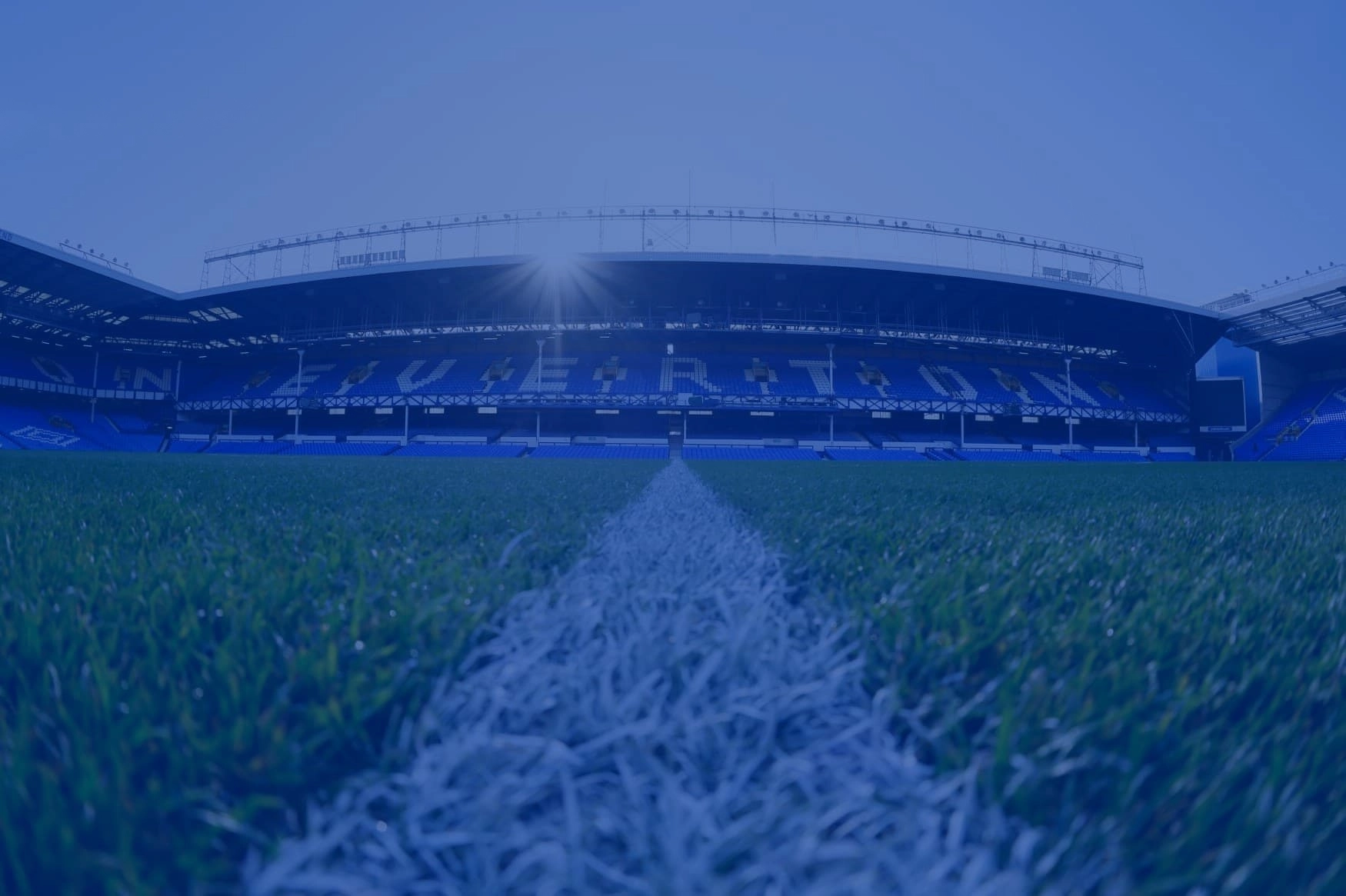Everton’s Premier League fixture against Aston Villa at Goodison Park in mid-January saw a four-minute delay as the Video Assistant Referee (VAR) battled to ascertain if Alex Moreno’s effort from distance should be ruled out due to Leon Bailey being in an offside position.
In the end, the officials in Stockley Park deemed Moreno’s goal to be offside but not before the Everton and Aston Villa fans made their feelings known about the time it took to reach a verdict.
Remarkably, this pause in proceedings still wasn’t the longest VAR check in Premier League history. The record is five minutes which occurred a few months earlier during a fixture between Bournemouth and Burnley at the Vitality Stadium when Jay Rodriguez’s late equaliser was eventually ruled out.
While these delays are extreme examples, it is not uncommon for Premier League matches to be halted as the VAR goes through a set of lengthy checklists before delivering a verdict.
Unsurprisingly, it has become a significant problem and has drawn widespread criticism from most fans, pundits, players, and managers.
Mercifully, it is an issue with an expiry date after the Premier League announced that it would introduce semi-automated offside technology (SAOT) at some stage in autumn 2024.
How does SAOT work?
SAOT systems usually involve 12 cameras installed in a stadium’s roof which are then used to follow the players and ball around.
During the World Cup in Qatar, the SAOT system that FIFA had in operation managed to track 29 data points on a player’s body which helped provide much better accuracy when adjudicating potential offsides.
The Premier League will adopt a similar model and is currently in discussions with various companies about implementing the specific technology during the early part of next season. The only difference is that, unlike the World Cup, the Premier League’s balls will not be chipped.
How much time will be saved?
The Premier League has said that they expect 31 seconds on average to be saved as the assistant referees will no longer let play resume before raising their flags for offside at the end of an attacking sequence.
Instead, they will be fitted with an earpiece and immediately informed if a player is offside as the SAOT technology will instantly ping the VAR officials in real time if a player is ahead of a defender.
Should fans welcome the introduction of SAOT?
The short but unequivocal answer is yes given how much of a success SAOT was at the 2022 World Cup. Aside from the speed of the system, one of the other most beneficial factors was the clarity it provided as a virtual animation was immediately shown to inform fans both in the stadium and at home how a decision had been made.
Given all the overwhelming benefits of SOAT, perhaps a more pertinent question is why has it taken the Premier League this long to implement?
What has the Premier League not moved with the times?
Indeed, you could even say that the powers that be of the English top flight have dragged their feet in terms of not being innovative enough in finding a solution to the consistent problems caused by human interpretation of VAR.
The reality is that almost every other industry has embraced technological advances to offer a better experience while the Premier League has been wary of change.
At least, consider that you can now book a taxi on an app, self-checkout at a shop, or even use PayPal to play at an online casino in 2024 with 117 different vendors accepting the payment system.
The broader point is that with the Premier League’s abundance of riches, sluggish VAR decisions going on for far too long were inexplicable when the technology was available to improve the product.
Still, better late than never one might say with change now on the horizon.
Is SAOT foolproof?
Like any new technology, there might be initial teething issues when implemented.
Encouragingly though, Serie A has been using SAOT for 18 months and VAR is much less of a talking point in Italy with games flowing smoothly from start to finish.
The fervent hope is that this trend is replicated in the Premier League and that the conversation returns to football matters and not the goings-on in a business park miles away from the action.


